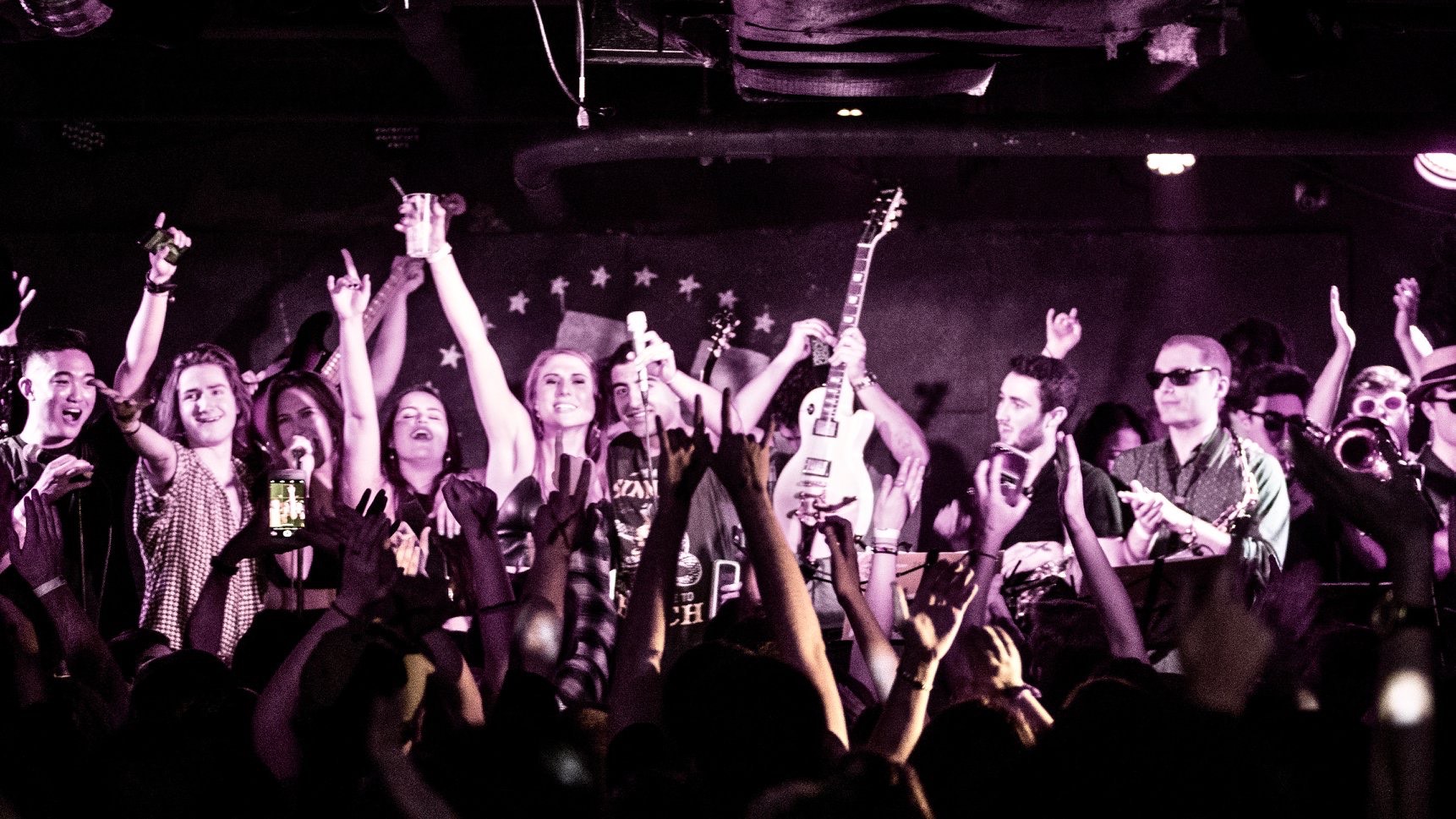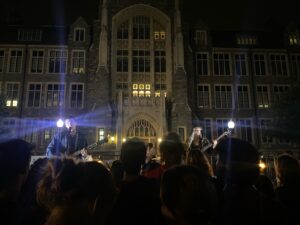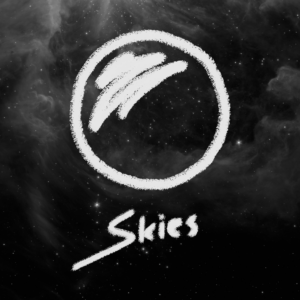U Street Music Hall announced it would be permanently closing its doors on Oct. 5. Known informally as “U Hall,” the live music venue was a hallmark of D.C. nightlife with a cult following.
The venue first closed temporarily due to COVID-19 restrictions just days before its 10-year anniversary in March and attempted to stay afloat throughout the spring and summer by selling merchandise. To provide relief for employees during this time, Will Eastman, the club’s co-founder and owner, launched a GoFundMe page that raised upwards of $22,000.
Recognizing the detrimental impact of the pandemic on the music industry, the venue’s management released a heartfelt closing statement on Twitter and their website. “Our team—like so many others in this industry that has been turned upside down—worked tirelessly over the past seven months to see us through this extended closure. But due to the pandemic, mounting operational costs that never paused even while we were closed, and no clear timeline for when clubs like ours can safely reopen, we had no choice recently but to make this heartbreaking decision,” the statement reads.
U Street Music Hall holds a special place in the hearts of Georgetown Cabaret, who held their yearly charity performance there for the past four years. “It’s always a huge show for us. We sell out, we get 500 people to come through. And I mean, as venues go, it was super nice for them to give us the chance in the first place,” said Tommy Batterman (COL ‘22), one of the Cabaret drummers.
“It was special for us, because it was that place for Cabaret. And we’re all really bummed that it’s closing, honestly.”
Known for its lively performances, the venue was named “Second Best Sound System in America” (Beatport, 2012), “#10 Best Dance Club in America” (Rolling Stone Magazine, 2013), and “Best Place to Find an Underground Dance Party” (Washington City Paper Reader’s Choice, 2013). Musicians who played there described the thrill of the concert atmosphere. “It’s dark. It’s loud. It’s fun. I mean, it’s everything you want in a concert venue. I mean, and as a musician, I love it. Because my whole kit’s mic’d up. I have a super powerful sound. I mean, you feel you feel like a rock star on stage,” Batterman said, adding that the experience is special for the students who play during Cabaret. “The audience gets to see their friends up on stage and it’s always a blast for everyone.”
Julian Tamers (COL ‘21), the general manager and guitarist of Cabaret, said he wants to continue making music after college because of Cabaret and U Street Music Hall. he explained. “There’s something about that space that really, people just lit up,” he explained.”
“You felt like you were part of something in D.C. as far as music.”
Tamers noted that as general manager, his role has now shifted to thinking about whether they can still run the yearly event outdoors, without U Street. “It’s about just keeping it alive, and just doing as much as I can,” he said.
U Street Music Hall’s closure followed that of other iconic D.C. music venues such as the 18th Street Lounge and Twins Jazz during the pandemic. “U Street is where there’s actually still kind of some culture and life left in the city. I mean, that’s a whole conversation on gentrification,” said Batterman. He worries the closure points to an impending death of D.C. jazz culture, as the U Street corridor was traditionally the D.C. jazz hub.
Though musicians want to continue without their beloved stage, the pandemic has radically shifted the way creatives are sharing their art forms. Tamers is using this time to release his own music online. Batterman, who is a member of Georgetown’s Jazz Ensemble, is remotely working on the ensemble’s recorded studio album. “Jamming together is now impossible, some people have been trying to do it over Zoom or equivalent low-latency programs,” he said. Still, it’s not quite the same.
“You can’t replace live music,” Batterman said. “I mean, it’s such a unique bonding experience that you can’t really substitute anything for it.”






